The AIDS Society of the Philippines (ASP) is a leading association of individuals from the government, non-government agencies, and the private sector, with a common unifying interest in preventing the spread of HIV and AIDS. As a membership organization, it counts among its members, experts and professionals from diverse fields such as health and development, infectious diseases, public health, business, and media and communications.
ASP was established in 1996 by its Founding President, Dr. Ofelia T. Monzon, who pioneered investigative studies on HIV/AIDS at the Research Institute for Tropical Medicine in Alabang, Muntinlupa. Its mission is the promotion and support of activities to prevent and control the spread of HIV/ AIDS.
Since then, ASP has established a reputation for excellence in the quality of its activities, in fulfilment of its founding Mission and Vision:
- ASP prepared and managed over 60 projects supported by international multilateral and bilateral agencies such as the Philippine National AIDS Council (PNAC), the Ford Foundation, Rockefeller Foundation, Levi Strauss Foundation, UNFPA, UNAIDS, the European Commission, Novib, and Japan International Cooperation Agency (JICA) to name a few.
- ASP is an active member of the Philippine National AIDS Council (PNAC), the advisory body to the President of the Philippines on HIV/AIDS policy matters.
- Since 1997, ASP has conducted the biennial Philippine National Convention on AIDS – the only national convention in the country where various stakeholders meet on HIV and AIDS.
- ASP conducted three scientific meetings and workshops on the ethical guidelines in AIDS investigations in the Philippines.
- ASP conducted skills building workshops for medical, non-medical workers, drug users, and persons with HIV/ AIDS (1997- 2000)
- ASP organized two VCT trainings in partnership with the Association of Medical Clinics for Overseas Workers (AMCOW), ACHIEVE, and SACCL.
HIV/AIDS is a problem common to all people, and ASP has increasingly shown sensitivity and responsiveness to this problem. ASP continues to pursue and address HIV/AIDS issues relevant to the community, not only in this country, but also in the Asia Pacific region.
AIDS Society of the Philippines is an affiliate of the AIDS Society of Asia and the Pacific (ASAP) and the Philippine NGO Council on Population, Health and Welfare, Inc (PNGOC), and an active member of the Philippine National AIDS Council.
Mission
To provide technical expertise and facilitate information and resource exchange among stakeholders and communities to reduce HIV infection in the Philippines through:
- Knowledge Management
- Capacity-building
- Partnership and Membership Building
- Resource Mobilization, and
- Advocacy
Vision
The Philippines’ leading movement on HIV and AIDS prevention and control with professionals and advocates working synergistically to reduce the impact of the disease and promote quality of life.
Core Values (Principles)
INTEGRITY
ASP is a professional organization that abides by the principles of accountability, transparency, and responsibility in dealing with its various stakeholders
EXCELLENCE
We deliver excellent and responsive services in an effective and efficient manner
COMPASSION
We serve our clients, partners and other significant stakeholders with quality care and compassion
RESPECT
We respect and value each stakeholder’s involvement, contribution and engagement in HIV and AIDS prevention and control
CREATIVITY
We constantly develop and integrate creative and innovative approaches in our various programs and activities for HIV prevention and control
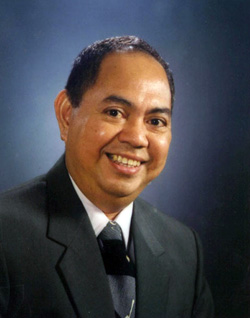
Carlos Calica
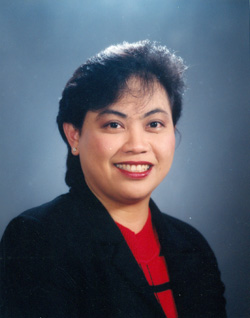
Dr. Carmina Noel Aquino
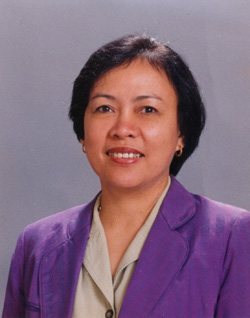
Dr. Evelyn Grace Gacad
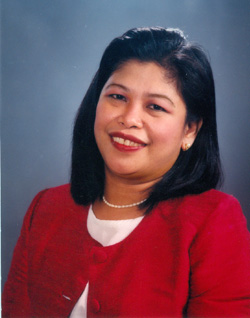
Dr. Mari Rose Delos Reyes
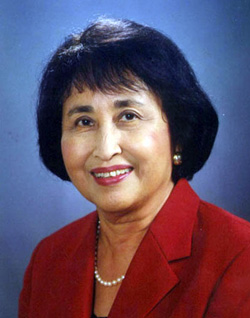
Dr. Ofelia Monzon
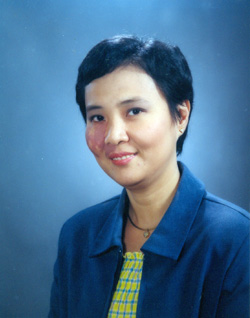
Dr. Rossana Ditangco
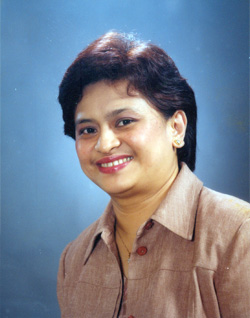
Dr. Teodora Elvira Wi
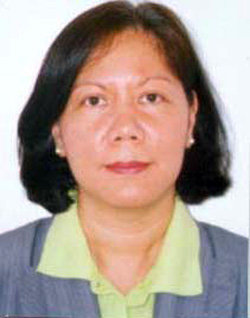
Teresita Marie Bagasao
Board of Trustees – 2012 to 2013
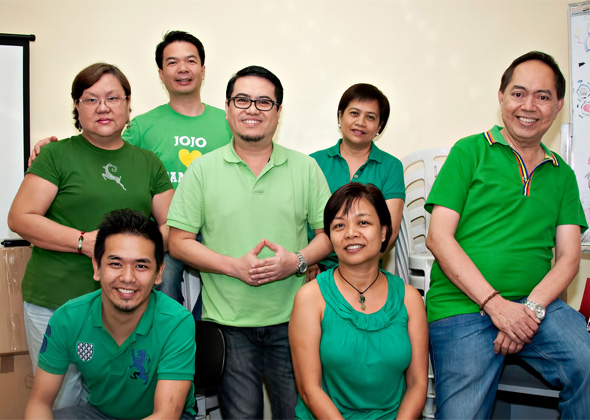
Back Row (Left – Right): Ms. Nelia O. Dychinco-Sevidal, Dr. Jose Narciso Melchor C. Sescon, Dr. Rosario Jessica Tactacan-Abrenica, Dr. Luis P. Gatmaitan
Front Row (Left – Right): Mr. Karl Reiner Z. Agbulos, Ms. Diane G. Mendoza, Dr. Carlos L. Calica
Board of Trustees – 2011 to 2012

Back Row (Left – Right): Mr. Celestino A. Ramirez, Ms. Diane G. Mendoza, Ms. Nelia O. Dychinco-Sevidal, Dr. Luis P. Gatmaitan
Front Row (Left – Right): Dr. Jose Narciso Melchor C. Sescon, Dr. Rosario Jessica Tactacan-Abrenica, Dr. Carlos L. Calica
Board of Trustees – 2007 to 2008
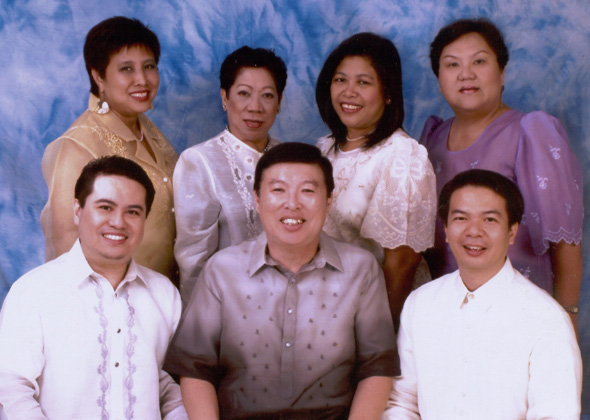
Seated (Left – Right): Dr. Luis P. Gatmaitan, Dr. Alberto I. Gabriel, Dr. Jose Narciso Melchor C. Sescon
Standing (Left – Right): Dr. Isabel E. Melgar, Dr. Nelia P. Salazar, Dr. Mari Rose A. De Los Reyes, Ms. Nelia O. Dychinco-Sevidal
Board of Trustees – 2003 to 2004
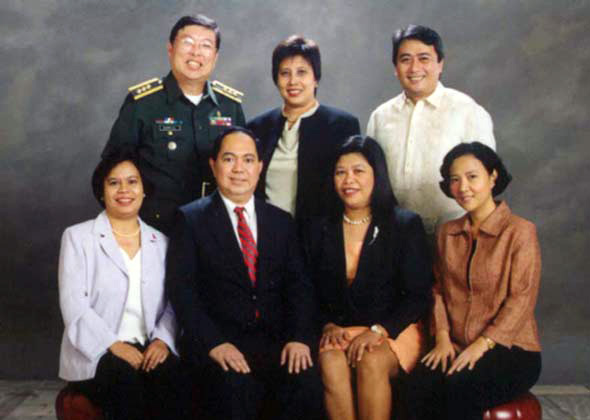
Seated (Left – Right): Dr. Ma. Elena F. Borromeo, Dr. Carlos L. Calica, Dr. Mari Rose A. De Los Reyes, Dr. Rossana A. Ditangco
Standing (Left – Right): Dr. Alberto I. Gabriel, Dr. Isabel E. Melgar, Prof. Laufred I. Hernandez
Board of Trustees – 1996 to 2002
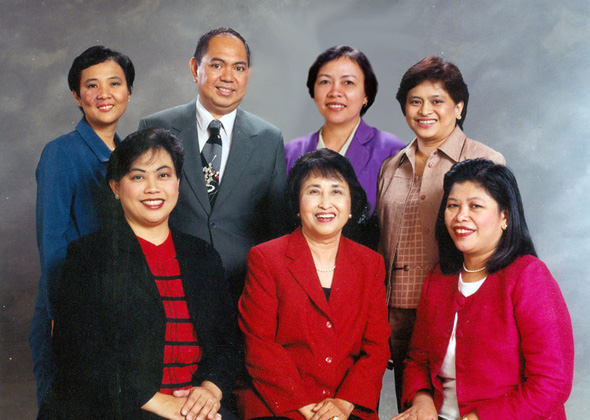
Seated (Left – Right): Dr. Carmina Noela A. Aquino, Dr. Ofelia T. Monzon, Dr. Mari Rose A. De Los Reyes
Standing (Left – Right): Dr. Rossana A. Ditangco, Dr. Carlos L .Calica, Dr. Evelyn Grace B. Gacad, Dr. Teodora Elvira C. Wi
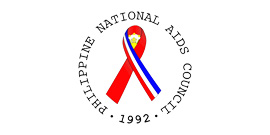
An active member of the Philippine National AIDS Council under the Department of Health, ASP has developed the “Ethical Guidelines in AIDS Investigations in the Philippines” which addresses the need to enhance prevention and control efforts while protecting the privacy, confidentiality and overall welfare of PWAs (persons with AIDS) involved in any form of research in the country.
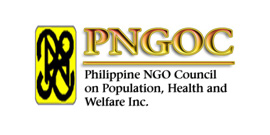
The Philippine NGO Council on Population, Health and Welfare (PNGOC) was founded on June 24, 1987 by 17 Philippine NGOs with the objective of becoming the voice of population and development advocates within the NGO, government and funding circles and to respond to the growing demand for NGO services in population, reproductive and sexual health and development. PNGOC is a leading advocate of the reproductive health care framework as espoused by the ICPD Programme of Action. From a fledging organization of 17 NGOs in 1987, PNGOC has now grown to 97 member NGOs focusing on different development concerns and catering to various sectors of the population in all parts of the country. Over the years, PNGOC’s programs are achieved through the support of its partners like United Nations Population Fund, the Asian Development Bank, David and Lucile Packard Foundation, Consuelo Foundation, World Bank, Japan International Cooperation Agency, Ford Foundation, AusAID, USAID, International Labor Organization and the Global Fund for AIDS, TB and Malaria.

The World Health Organization (WHO) is the directing and coordinating authority for health within the United Nations system. It is responsible for providing leadership on global health matters, shaping the health research agenda, setting norms and standards, articulating evidence-based policy options, providing technical support to countries and monitoring and assessing health trends.
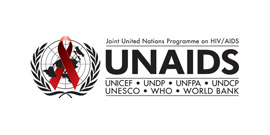
The Joint United Nations Programme on HIV/AIDS (UNAIDS), brings together the efforts and resources of ten UN system organizations in the AIDS response to help the world prevent new HIV infections, care for people living with HIV, and mitigate the impact of the epidemic. With its headquarters in Geneva, Switzerland, UNAIDS helps mount and support an expanded response to AIDS – one that engages the efforts of many sectors and partners from government and civil society.

The United Nations Children’s Fund (UNICEF), has placed HIV at the heart of its response for children. The Unite for Children, Unite against AIDS campaign, launched in 2005, first drew the world’s attention to children, the missing face of AIDS. The Campaign, in line with UNICEF’s priorities, works to meet Millennium Development Goal 6. The annually released “Stocktaking Report” takes a hard look at global progress in prevention, testing, treatment and support for children affected by HIV or AIDS and their parents. The four “P”s guide UNICEF’s response for children: (1) Preventing mother-to-child transmission (PMTCT) of HIV; (2) Providing paediatric treatment; (3) Preventing infection among adolescents and young people; and (4) Protecting and supporting children affected by AIDS. UNICEF also provides support to healthcare delivery systems in resource-constrained areas and the management of HIV supplies needed by children and their parents.

The United Nations Population Fund (UNFPA), is the world’s largest source of population assistance, with programmes in over 140 countries. It is an international development agency that promotes the right of every woman, man and child to enjoy a life of health and equal opportunity. UNFPA supports countries in using population data for policies and programmes to reduce poverty and to ensure that every pregnancy is wanted, every birth is safe, every young person is free of HIV/AIDS, and every woman is treated with dignity and respect.
